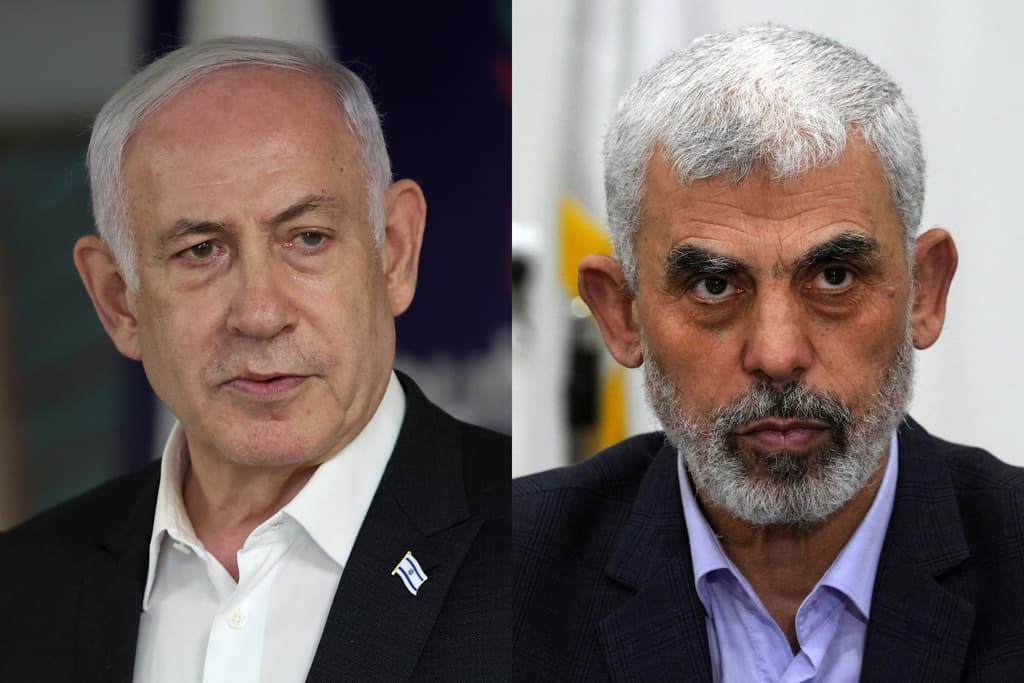The war in Gaza is soon entering its eleventh month, and despite the mediators' persistent efforts to reach an agreement on a ceasefire, the fighting continues to rage. The parties take turns rejecting the mediators' proposals, and observers doubt the prospects of reaching an agreement. The two men in whose hands an agreement rests are still far apart.
On Sunday, a three-day humanitarian pause in Gaza will begin to allow for polio vaccinations, according to the World Health Organization (WHO). However, this should not be taken as a ceasefire, according to Benjamin Netanyahu.
Netanyahu has promised to eliminate Hamas and bring home the hostages. None of these promises have been fulfilled, but after several high-ranking Hamas leaders were killed, the terrorist-stamped group is significantly weakened.
Large Protests
Netanyahu's handling of the war, and especially the issue of hostages, has led to large protests at home. While voices are being raised to put everything aside and focus on bringing home those held in Hamas tunnels in Gaza, Netanyahu also needs to consider the political landscape.
His coalition government relies on support from ministers from the extreme right who do not want the war to end, rather the opposite. The most hard-line want to occupy the Gaza Strip and threaten to bring down the government if Netanyahu gives in to the protests. And time and again, Netanyahu has been accused of sabotaging the ceasefire negotiations because an agreement could collapse his government.
The war benefits him. It is the only thing that can keep him in power, said Professor of Political Science Uriel Abulof in Tel Aviv to TT last week.
Peace on "his terms"
The other party whose signature is still missing, Sinwar, the mastermind behind Hamas' bloody attack on Israel on October 7 last year, has his own agenda.
Hamas has lost both leaders and fighters in the war on the Gaza Strip, and the only thing Sinwar really has left to negotiate with is the around 100 hostages still held by Hamas. About a third of them are feared to be dead.
But his list of demands is long and includes, among other things, Israeli withdrawal from the entire Gaza Strip and the release of high-profile Palestinian prisoners from Israeli prisons.
At the same time, Sinwar needs to achieve a ceasefire to reduce the widespread discontent with Hamas, which could have political consequences further down the line.
Despite repeated hopeful messages about possible progress in the ceasefire talks, the fact remains: No ceasefire will be reached as long as Netanyahu and Sinwar oppose it.






